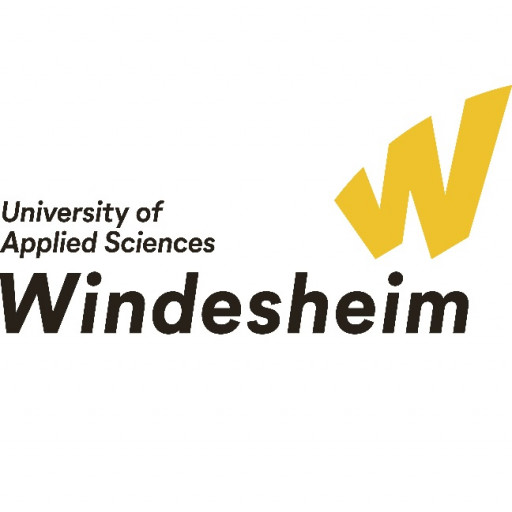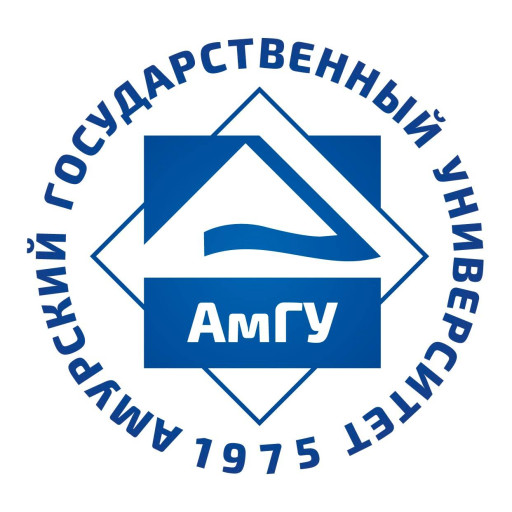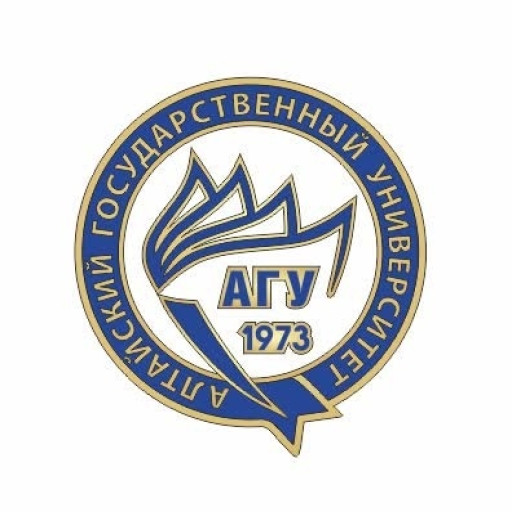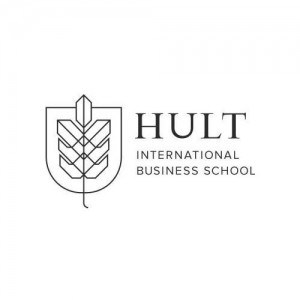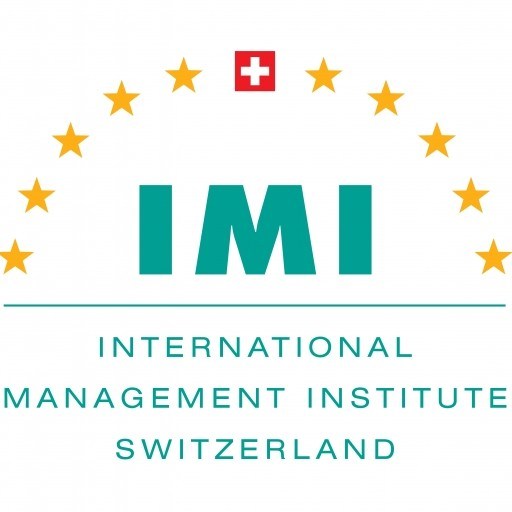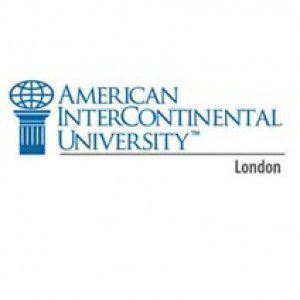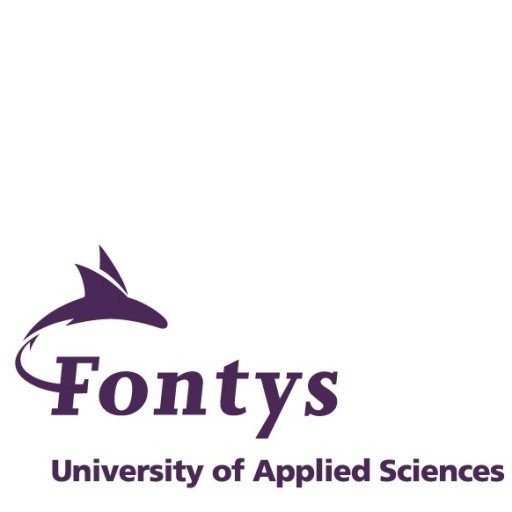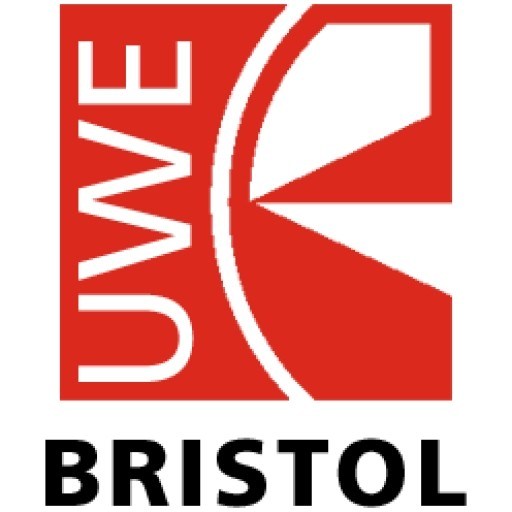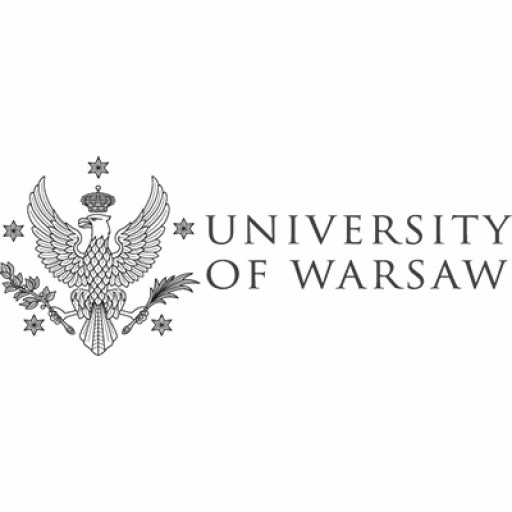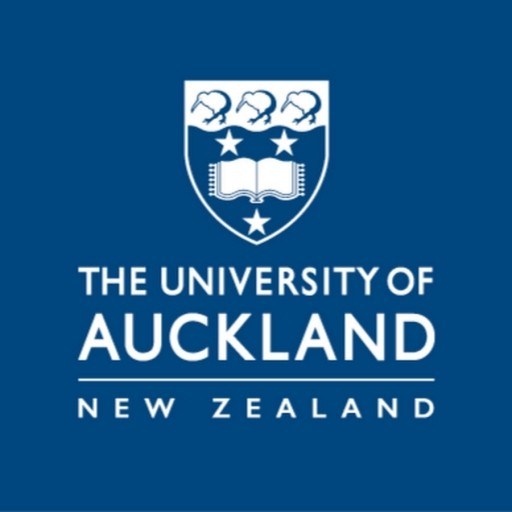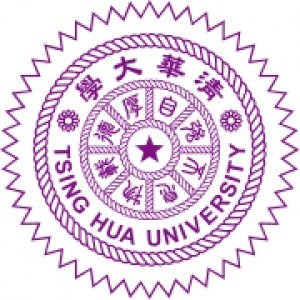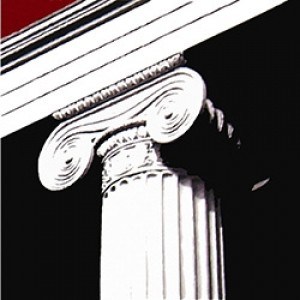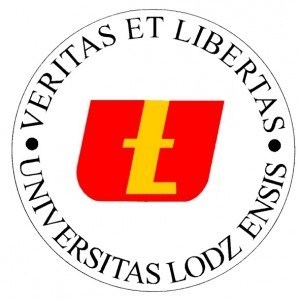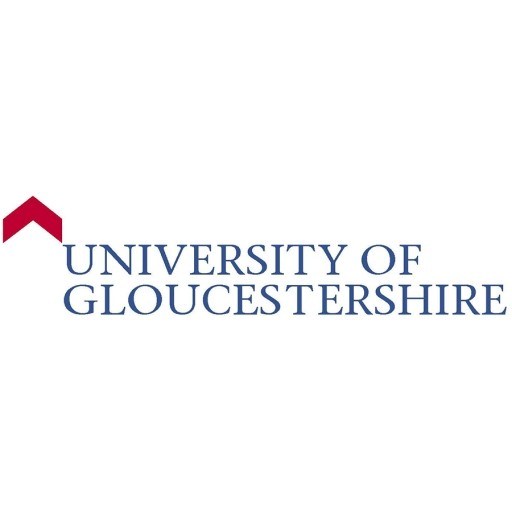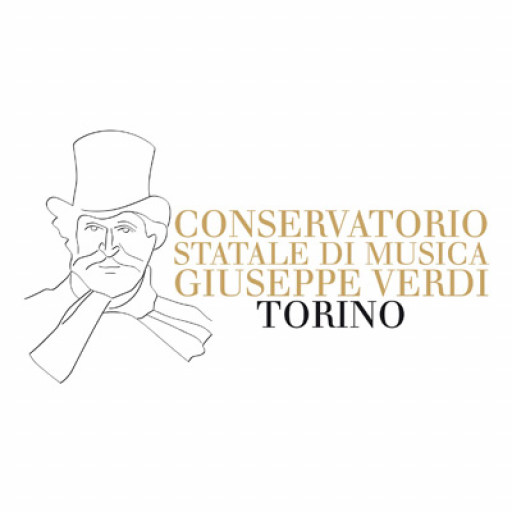Higher education programs around the world vary greatly in their structure, content, and requirements. In some countries, such as the United States,...
Higher education programs around the world vary greatly in their structure, content, and requirements. In some countries, such as the United States, higher education is divided into two main categories: undergraduate and graduate. Undergraduate programs typically take four years to complete and are designed to provide students with a broad education in a particular field of study. Graduate programs, on the other hand, are usually more specialized and take an additional two to six years to complete.

In other countries, such as the United Kingdom and Europe, higher education is divided into three main categories: undergraduate, postgraduate taught, and postgraduate research. Undergraduate programs typically take three years to complete and are designed to provide students with a broad education in a particular field of study. Postgraduate taught programs are usually more specialized and take one year to complete. Postgraduate research programs, on the other hand, are designed for students who wish to conduct original research in a particular field and typically take two to three years to complete.
Another important aspect of higher education programs around the world is the type of degree awarded. In the United States, for example, students who complete an undergraduate program are awarded a bachelor's degree, while students who complete a graduate program are awarded a master's degree or a doctorate. In the United Kingdom and Europe, students who complete an undergraduate program are awarded a bachelor's degree, while students who complete a postgraduate taught program are awarded a master's degree. Students who complete a postgraduate research program are awarded a doctorate.
Higher education programs
There are also many different types of higher education institutions around the world, including universities, colleges, and vocational schools. Universities are typically the most prestigious and offer a wide range of undergraduate and graduate programs. Colleges, on the other hand, typically offer more vocational or technical programs and may have more specialized or limited programs than universities. Vocational schools, also known as trade schools or technical schools, focus on providing students with the skills and knowledge needed to enter a specific field or trade.
Another important aspect of higher education programs around the world is the method of instruction. In some countries, such as the United States, higher education is primarily delivered through lectures and seminars, while in other countries, such as the United Kingdom and Europe, higher education is primarily delivered through tutorials and small group discussions. Additionally, many higher education institutions around the world now offer online or distance learning programs, which allow students to complete their studies from anywhere in the world.
In conclusion, higher education programs around the world vary greatly in their structure, content, and requirements. The type of degree awarded, the type of institution, and the method of instruction are all important factors to consider when choosing a higher education program. It is also important to note that many countries have different education systems and academic calendars, so it's important to research and understand the system in the country you plan to study.
Study programs (37272)
Student Accommodation
IMI International Management Institute Switzerland
IMI International Management Institute Switzerland

